Coercive control: ‘Insidious’ red flag many women ignore
It’s the “damaging and insidious” sign that many women miss in their relationships – and it could cost them their lives.
Real Life
Don't miss out on the headlines from Real Life. Followed categories will be added to My News.
From the time she was 10 years old, Jas Rawlinson’s father was “very” emotionally and mentally abusive, and physically abusive at times to her mum.
As a teenager in the 90s, though, “there was no awareness of domestic violence, and certainly no awareness of coercive control”.
“What was hardest for me, certainly, was not having words for what was going on in our house,” the award-winning resilience speaker, author and book coach told news.com.au.
“And feeling like I shouldn’t be so upset, because [my father] wasn’t hitting me or anything like that, and not understanding why his behaviour was so damaging.
“And then of course I went into a number of unhealthy relationships, because I hadn’t grown up with a positive male role model. That led me into a friendship-relationship with a man who ended up sexually assaulting me – but in the 18 months before that, there had been many different red flags of non-physical violence and coercive control that I just didn’t pick up.”
It wasn’t until Rawlinson turned 30 “that everything came crashing down” and she realised she had in fact been a victim of domestic violence.
“That relationship … had components of domestic violence in it that I just wasn’t aware of. Because in my view, if I hadn’t been physically hit or slapped or anything like that, then it must not be violence,” she said.
“That was obviously shaped from watching the kind of person my dad was … and feeling like I don’t have words to really say that it was that bad.”
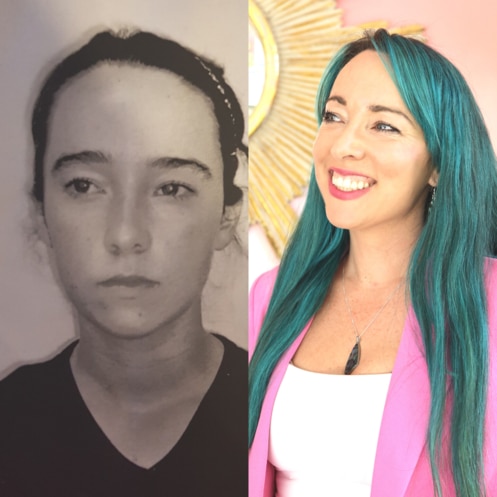
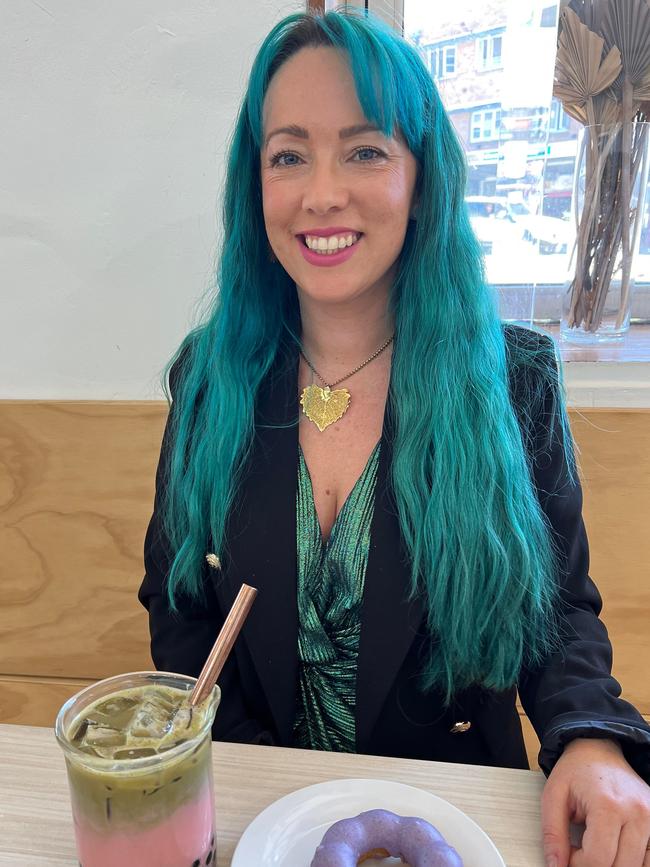
The murder of Hannah Clarke and her children, at the hands of her estranged husband Rowan Baxter on this day three years ago, Rawlinson said, marked a pivotal moment in Australia’s understanding of domestic violence.
Baxter ambushed the 31-year-old – along with her daughters, six-year-old Aaliyah and four-year-old Laianah, and three-year-old son, Trey – outside her parents’ Brisbane home on February 19, 2020, as they climbed into the car for their morning school run, dousing them in petrol and setting the car alight. Clarke had suffered years of psychological abuse and controlling behaviour at Baxter’s hands.
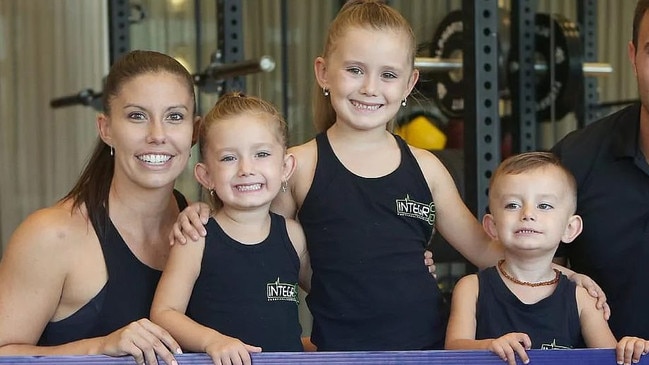
“I think that really showed a lot of people – even myself – how much work we have to do in society to make sure women and young people are equipped to understand that violence is not always physical, and that violence does not have to be physical to be lethal,” Rawlinson said.
Women “grow up watching all of these romantic movies, so we think that if a guy’s really pursuing you hard, it must mean that he’s so dedicated to you and so in love with you”, she added. But that behaviour, known as love bombing, can be a sign – along with gaslighting, intimidation and manipulation – of non-physical violence.
“I certainly had elements of that in the relationship I had with the person who ended up sexually assaulting me,” Rawlinson said.
“He would go through periods of time where he would love bomb me with affection and adoration, and say all the things he knew that I wanted to hear. And also the gaslighting – telling me things like, ‘I never did that to you’ or ‘I never said that’ or ‘You’re so cute, you’ve got it all mixed up’ – and completely making me believe that the sexual assault was all in my head.”
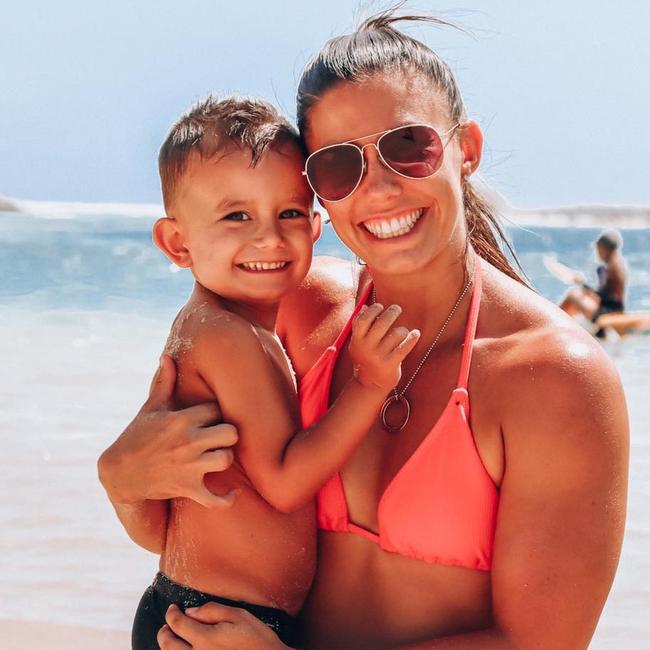
His behaviour “made me feel so ashamed of myself, because I was thinking, ‘Am I not remembering this correctly? Am I making too much of this? This obviously wasn’t rape – surely it couldn’t be – because I knew him, he’s not a stranger in a dark alley, so surely I can’t call it that’”.
“It drives you absolutely insane, and you just think there’s something wrong with you, and nobody’s going to believe you because the person who supposedly loves you is saying that it’s all in your head and you’re just making it up,” Rawlinson added.
“That’s what’s so damaging and insidious about this particular form of emotional abuse that many people don’t understand. It just really flattens and crushes [victims] to a point where they don’t have the energy to stand up for themselves anymore.”

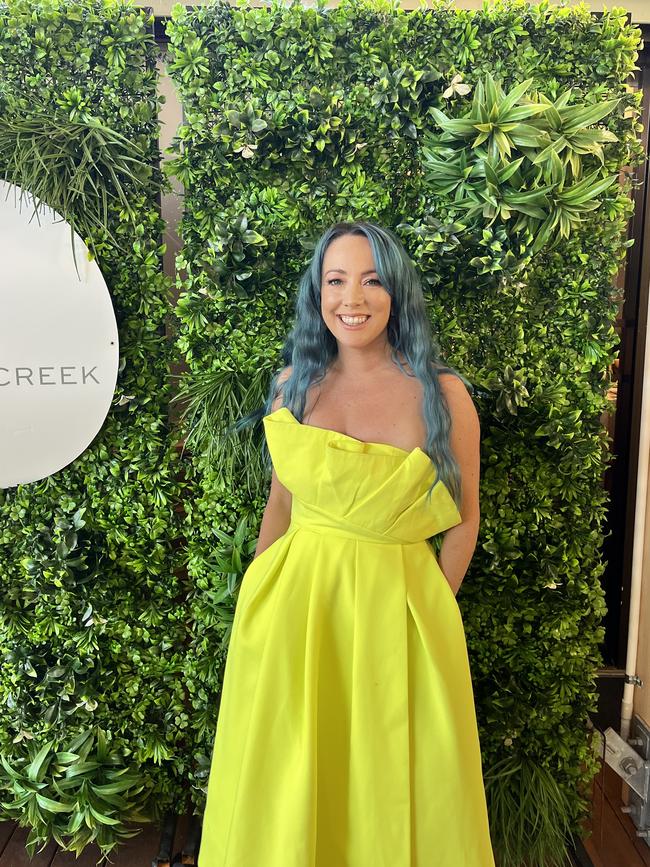
Clarke’s murder led to nationwide calls for coercive control to be criminalised – with NSW last year becoming the first jurisdiction to make it a stand-alone offence.
More could be done, however, to educate Aussies about these issues from an early age, Rawlinson said.
“So many young people particularly are yet to receive enough education around them so that they can avoid these toxic relationships from the start, before they become physically or sexually abusive,” she said.
“I really would love to see schools being very proactive, and bringing in experts on coercive control, bringing in people with lived experience … so that they know what to look out for and they can be empowered in their relationships as they grow and become older.”
Originally published as Coercive control: ‘Insidious’ red flag many women ignore





